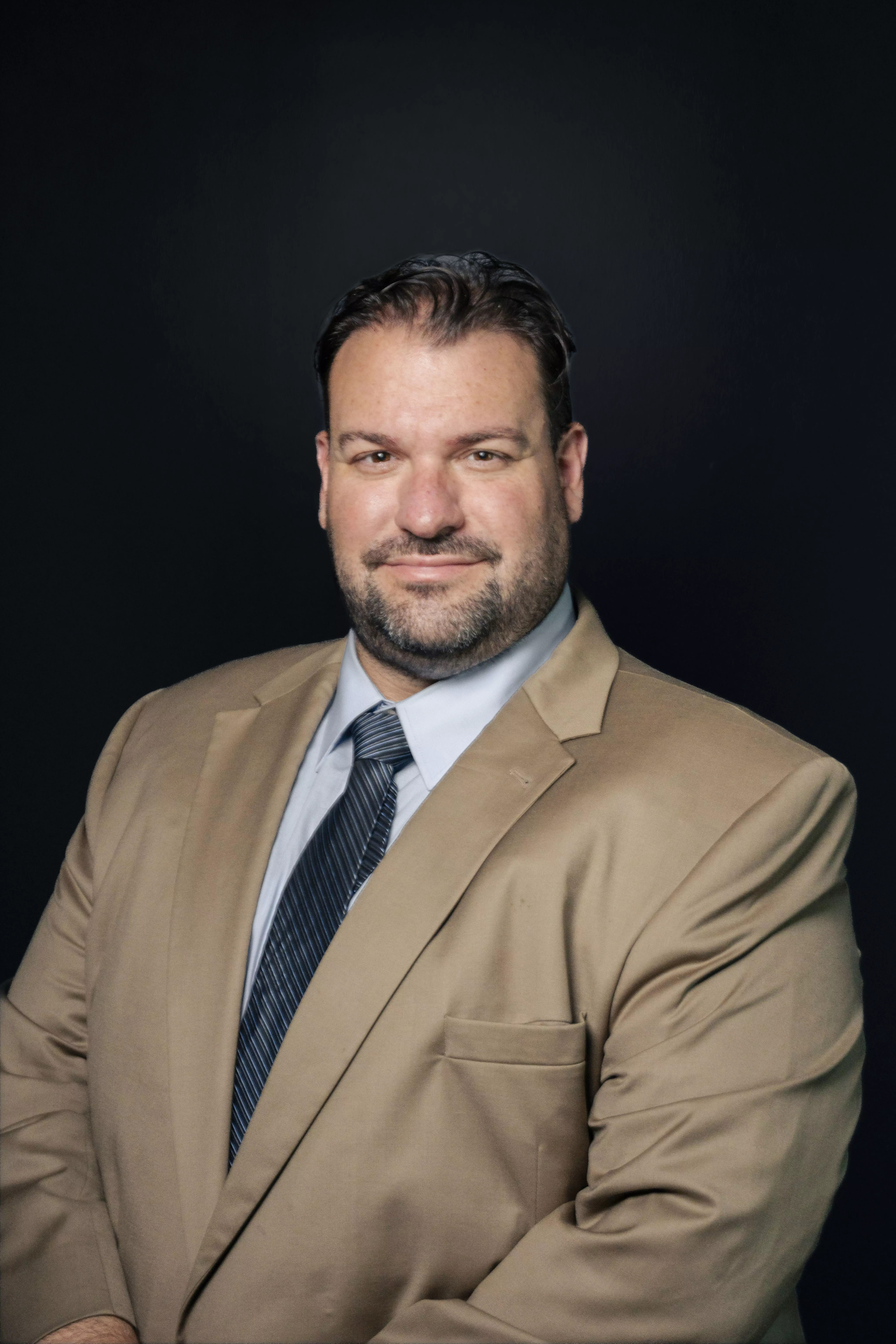Orlando Premises Liability Attorney
Injured on someone else’s property due to poor maintenance or negligence? We investigate the site and demand full compensation for your recovery.
Millions Recovered
No win, No fee
Bilingual Team (Hablamos Español)
24/7 Free Consultation
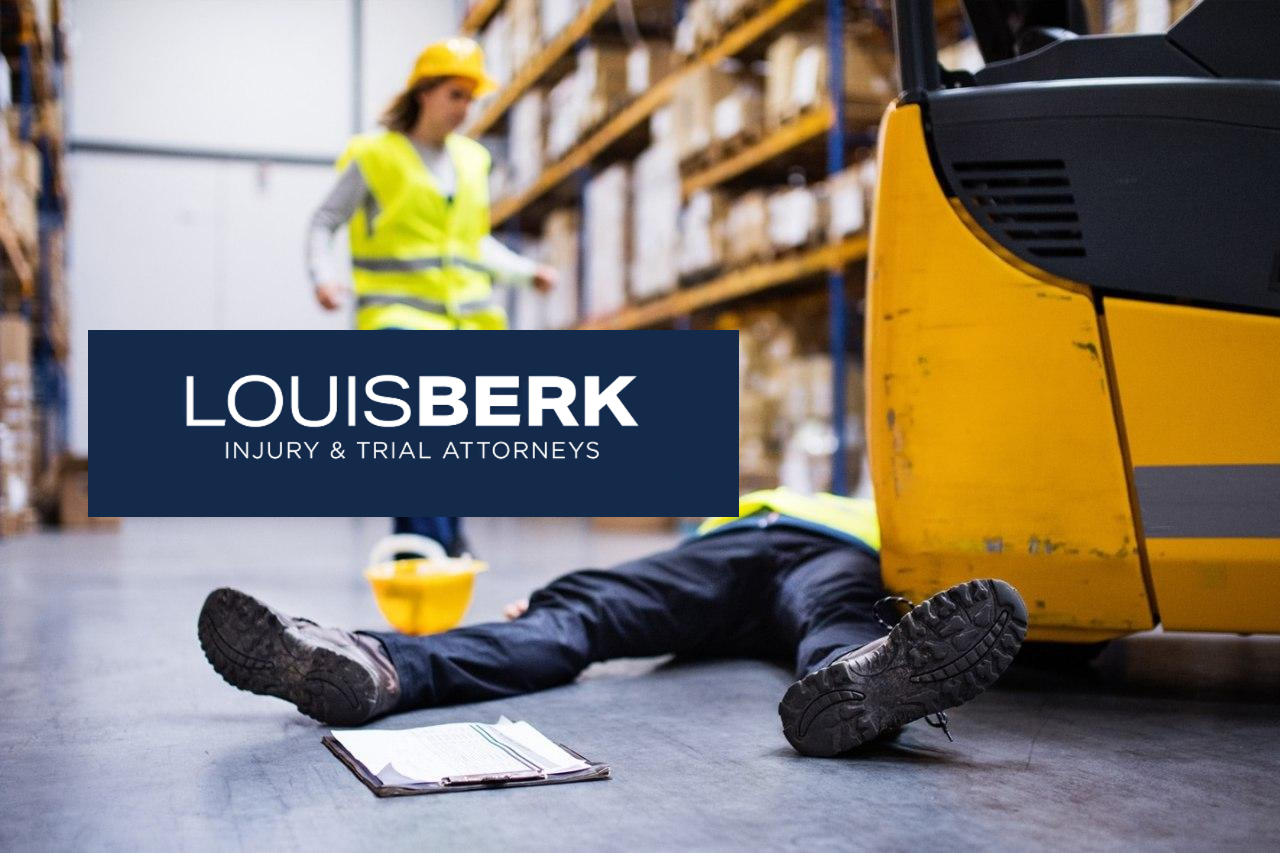
Start your journey to the support you need.
$
$
$
$
A message from our founding attorney louis berk
Real Stories from People Hurt by Unsafe Properties
Our clients come to us after serious falls, unsafe conditions, or negligent property maintenance turned their lives upside down. Read how Louis Berk Law helped them stand up again, stronger, protected, and fully compensated.

+$
M
No Fee

why we are a top-rated Orlando personal injury firm
Our attorneys are experienced trial lawyers, not just settlement negotiators.
Deep experience with Orange County courts and local insurance adjusters.
You are not a case file. You get direct access to your attorney.
We employ the specialists (accident reconstruction, medical experts) needed to win.
Meet your Orlando Personal Injury Legal Team
How Our Personal Injury Process Works
Why you can trust this legal guide
This page is attorney-reviewed and based on real experience handling a wide range of personal injury cases (from catastrophic car accidents to complex premises liability) throughout Central Florida. All information is verified against Florida Statutes and Florida Senate Legal Resources to ensure accuracy and reliability. Reviewed by Louis Berk, Esq., Florida Bar-Licensed Attorney and founder of Louis Berk Law. You can see our verified case outcomes on this page and on our full Case Results page.
Why Choose Louis Berk Law for Premises Liability Cases in Orlando & Deltona
Choosing counsel isn’t just about who takes your call, it’s about who can prove notice, preserve evidence, and win credibility with insurers and juries. As a premises liability law firm, we pair Florida-specific litigation experience with a track record of results and client praise you can verify.
Experience With Florida Premises Liability Law
Our premises liability attorneys build cases around Florida’s proof rules, especially the business slip-and-fall statute that requires evidence of actual or constructive knowledge of a transitory substance. We tailor evidence plans (CCTV timelines, cleaning logs, “time-on-floor” indicators) to meet that legal standard.
We also understand the safety frameworks that often decide liability from negligent-security foreseeability to building and equipment compliance, so we can spot violations and value quickly.
Results & Testimonials From Our Clients
Our results page explains outcomes in plain language so you can see the work behind the numbers. Clients routinely highlight responsiveness, clarity, and relentless advocacy across Central Florida.
Bilingual Representation (English & Spanish)
Clear communication wins cases. If Spanish is your first language or simply how you’re most comfortable, we’ll handle everything en español, from intake to demand and trial.
Ready to talk? Reach out today, and our team will review your facts, outline next steps, and take the pressure off while you focus on healing.
What Is a Premises Liability Case?
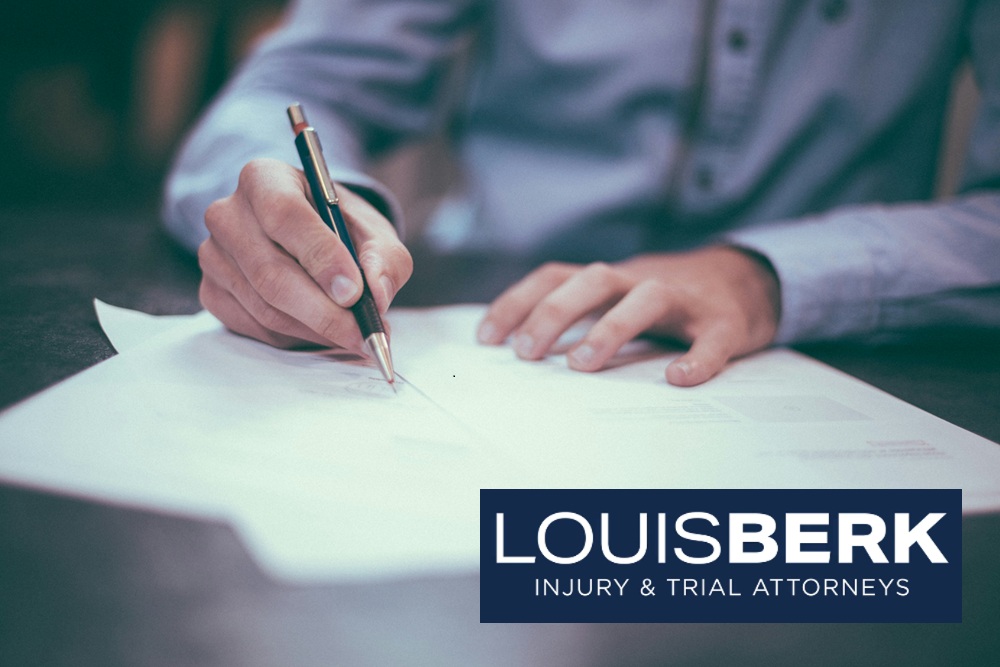
What Is Premises Liability in Florida?
Premises liability is the body of Florida law that holds property owners and occupiers responsible when unsafe conditions on their property injure lawful visitors.
The central question is whether the owner used reasonable care to maintain the premises, fix hazards, and warn about dangers that aren’t obvious.
Florida classifies visitors as invitees, licensees, or trespassers. Each status carries a different duty of care, which can decide whether a claim succeeds.
A seasoned premises liability attorney Florida can help identify your status and the owner’s legal obligations from day one.
Who is owed what duty (quick reference):
If you slip on a transitory substance in a business (e.g., liquid on a store floor), you must prove the business had actual or constructive knowledge of the condition and failed to fix it. Constructive knowledge can be shown by how long the hazard existed or that it occurred regularly.
Exception for children: the attractive nuisance doctrine. Florida recognizes added protections for young children who are drawn to dangerous artificial conditions (like unfenced pools or machinery). Owners must take reasonable steps to protect children in these scenarios.
Thinking about filing a claim? See our internal Premises Liability Claim Guide for the steps, evidence, and timelines that matter most.
Steps to Take After a Premises Accident in Florida
When you’re hurt on someone else’s property, the first 48 hours matter. Your priorities are simple: protect your health, lock down evidence, and create a clear paper trail. The steps below are practical, quick to follow, and designed to help your future claim.
These actions also preserve the kind of proof Florida law expects, especially in business slip-and-fall cases, where you must show the business had actual or constructive notice of the hazard. A premises accident lawyer can help you do this efficiently.
What to do, step by step:
If you want help coordinating medical care, preserving evidence, and dealing with insurers, our team can step in quickly so you can focus on recovery.
Who Can Be Held Liable in a Premises Liability Case?
Liability doesn’t stop at the titled owner. In Florida, the duty to keep a property reasonably safe follows the person or entity that possesses or controls the premises, which means multiple parties can share responsibility.
Experienced premises liability attorneys look at control, contracts, and day-to-day operations to identify every proper defendant.
Below are the most common (and often overlooked) defendants in Florida premises claims, each can be liable on its own or alongside others:
- Property owners & business operators (tenants).
Those who own or operate stores, hotels, apartments, or venues owe duties to maintain, correct hazards, and warn; business slip-and-falls specifically require proof the business had actual or constructive knowledge of a transitory substance.
- Residential landlords.
Florida law obligates landlords to comply with building/health codes and keep structural components in good repair; that statutory duty supports claims when unsafe conditions injure tenants or their guests.
- Property management companies.
Managers who control maintenance, inspections, and repairs can be directly liable when they know about dangers and fail to fix or warn.
- Maintenance and janitorial contractors.
Vendors hired to clean floors, fix lighting, or service elevators/escalators may face negligence claims for substandard work; owners/operators can still be on the hook, too.
- Security companies (negligent security).
When inadequate lighting, broken gates, or poor security staffing enable foreseeable crimes, both the property owner and any security contractor that undertook safety duties can be defendants.
- Homeowners’ associations & condominium associations.
Associations are responsible for maintaining common elements (sidewalks, pools, lobby areas, lighting) and can be liable when neglect creates hazards.
- Municipalities and public entities.
You can sue cities, counties, or state agencies for unsafe public premises, but Florida’s sovereign immunity law imposes strict pre-suit notice and damages caps ($200,000 per person / $300,000 per incident, absent a claims bill).
- Franchisors & corporate parents.
Corporate entities may be vicariously liable if they control day-to-day operations (not just brand standards) at a franchise location where the injury occurred.
- Multiple parties at once.
It’s common for owners, tenants, managers, and vendors to share fault when a single hazard has multiple causes; thorough investigations often reveal layered responsibility.
If you’re unsure who actually controlled the hazard, we’ll trace leases, management contracts, maintenance logs, and vendor agreements to name every appropriate defendant and protect your claim from finger-pointing.
Common Premises Liability Accidents We Handle
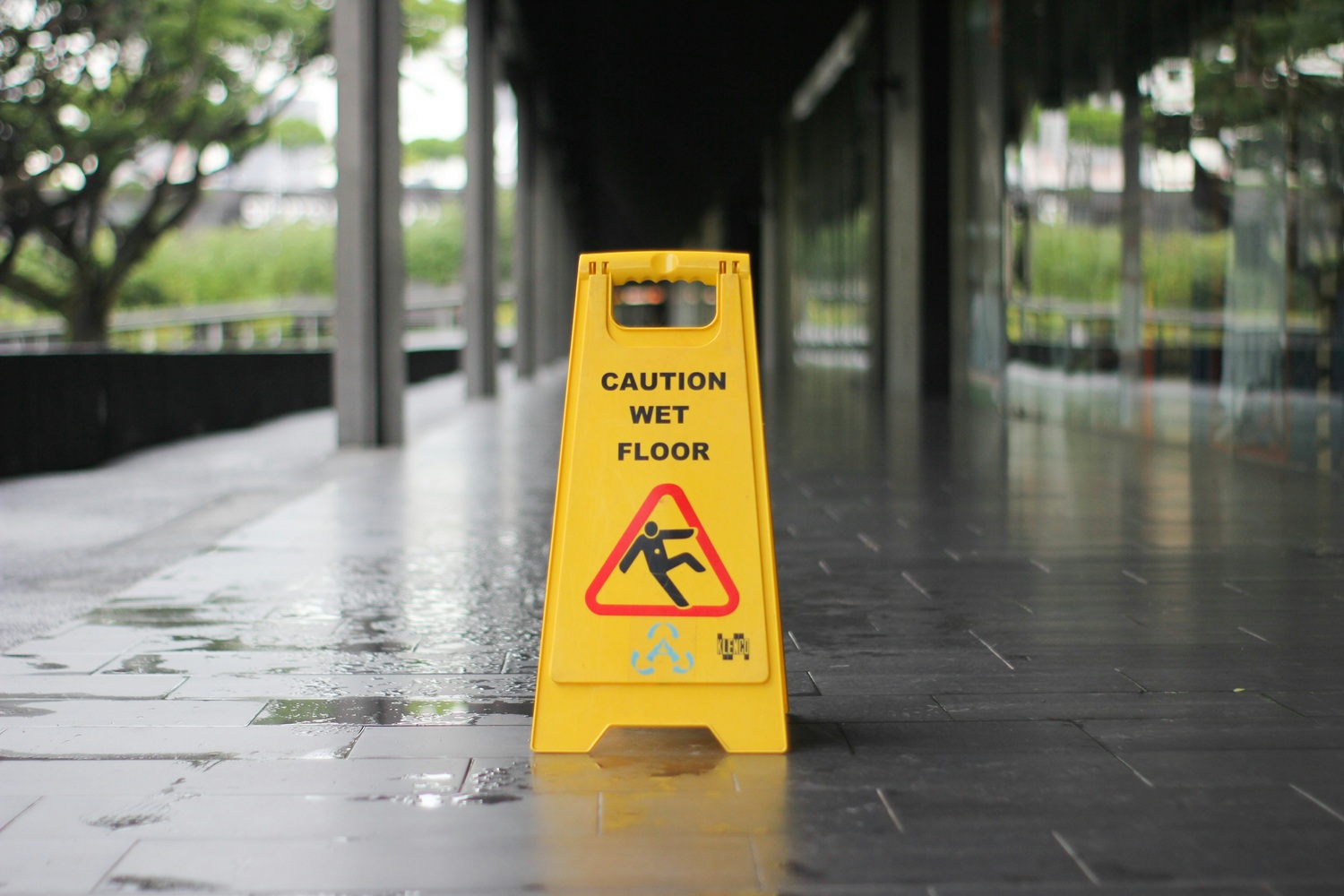
Premises cases aren’t just “slip-and-falls.” An experienced premises accident lawyer investigates how hazards arise across stores, apartments, hotels, job sites, and public spaces and who controlled the risk. Below is a practical taxonomy we use to spot liability and preserve the right evidence early.
Slip and Fall & Trip Hazards (wet floors, uneven sidewalks)
Liquids, food debris, loose mats, or broken pavement cause many injuries, but Florida business cases require proof the store had actual or constructive knowledge of the condition and failed to fix it. Understanding this element early helps you capture the right proof. For service details, see our Slip & Fall service page.
Negligent Security & Poor Lighting (include “Orlando poor lighting lawyer” once)
When crimes are foreseeable—e.g., prior similar incidents and lighting, access control, or staffing fall short, owners and security contractors can be liable. Florida courts scrutinize foreseeability, so documenting prior incidents and lighting levels matters. (Use the phrase once, naturally: Our Orlando poor lighting lawyer team evaluates camera coverage, bulb outages, and sightlines.)
Swimming Pool & Recreational Injuries
Unfenced pools, broken gates, missing alarms, or lax supervision can breach Florida’s Residential Swimming Pool Safety Act (barriers, self-latching gates), which also informs negligence analyses involving children and attractive nuisances.
Dog Bites & Animal Attacks
Florida imposes statutory strict liability on dog owners for bites to people lawfully on public or private property, subject to comparative-fault defenses. Early photos, medical documentation, and animal-control records strengthen these claims.
Falling Objects & Unsafe Structures (shelving, balconies, construction sites)
Improperly stacked merchandise, loose shelving, deteriorated railings, or job-site debris can breach the duty to maintain premises in a reasonably safe condition and to correct or warn about dangers the possessor knew or should have known. Engineering reports and maintenance logs are key.
Elevator, Escalator & Staircase Accidents
Elevators/escalators are regulated: Florida requires annual inspections and a valid certificate of operation; gaps in maintenance or code compliance can support liability. Stairways must meet applicable building-code requirements (handrails/guards). Preserve service contracts, inspection stickers, and code-compliance records early.
Premises Liability vs. Other Personal Injury Cases - What’s Different?
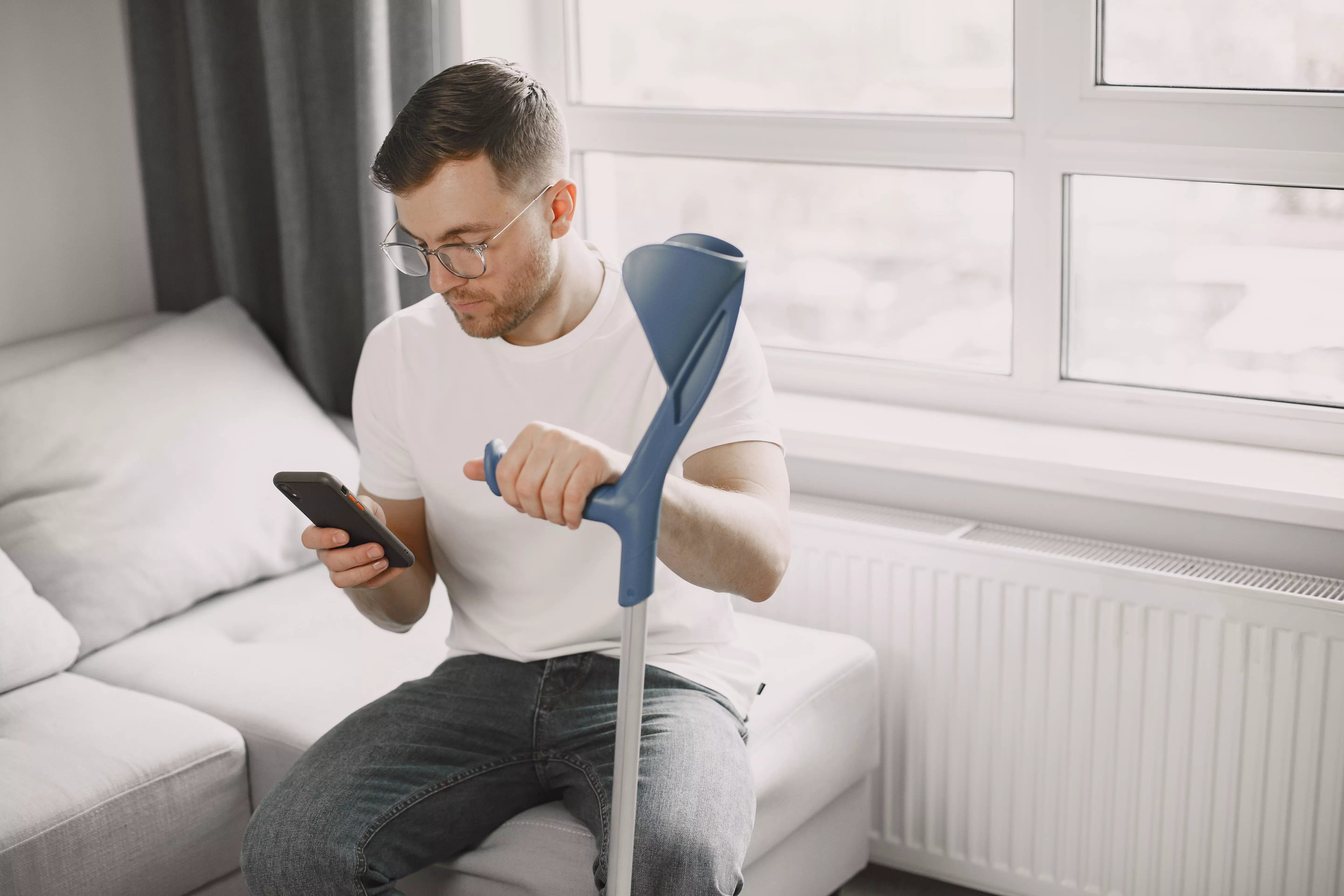
Not all injury claims play by the same rules. A premises liability lawyer in Orlando must prove things that don’t apply in car crashes or medical malpractice, and missing these differences can sink a good case. Here’s how premises claims compare to auto and med-mal under Florida law.
Quick comparison (what changes by case type):
Florida has very specific rules that can make or break your injury case. These laws decide whether you can file a claim, how long you have to act, and what proof you need to win. The challenge is that the legal language is full of technical terms — like “constructive knowledge” or “comparative negligence” — that aren’t easy to unpack.
To make things clearer, we’ve broken down the most important Florida statutes below.
- Slip-and-fall in a business (§768.0755):
To win, you must prove the store knew or should have known about the dangerous condition (like a spill) and failed to fix or warn about it.
- Car accidents (§627.736, §627.737):
Florida uses Personal Injury Protection (PIP) insurance. You get medical/wage benefits through PIP first, and you can only claim pain and suffering if your injury meets a serious-injury threshold (permanent, major loss of function, scarring, or death).
- Comparative fault (§768.81(6)):
Florida now follows a rule where your compensation is reduced by your share of fault. If you’re more than 50% at fault, you get nothing. The one exception: medical malpractice cases.
- Medical malpractice (§766.106, §766.203):
Before suing, you must send a notice of intent and get a medical expert’s written opinion confirming malpractice.
- Deadlines (§95.11(5)(a)):
Most negligence claims (like slip-and-falls) now have a two-year filing deadline for incidents after March 24, 2023 (HB 837 reform).
- Limits on damages in med-mal (§766.118):
For medical malpractice, Florida law sets caps on non-economic damages (like pain and suffering).
Do You Need a Lawyer for a Premises Liability Case?
If you’re asking “do I need a lawyer for my premises liability case?”, the honest answer is: usually yes—especially in Florida business slip-and-falls where you must prove the store had actual or constructive knowledge of the hazard (a legal element many self-handled claims miss).
Proving “notice” is the hurdle. Florida Statute §768.0755 requires evidence that the condition existed long enough or happened regularly enough that the business should have known about it; lawyers build this with time-stamped video, cleaning logs, and witness timelines tailored to that standard.
Key evidence disappears fast without a preservation demand
Surveillance footage and maintenance records are often overwritten on short cycles; Florida courts can impose sanctions for spoliation when evidence that should be preserved is lost.
Quick items to ask the business (in writing) to preserve:
- CCTV from all angles covering the incident window and approaches.
- Sweep/cleaning logs, incident reports, and maintenance/work orders.
- Any inspection certificates (e.g., elevator/escalator) and service records.
Insurers aren’t neutral, and recorded statements can backfire
You’re generally not obligated to give the other side’s insurer a recorded statement, and doing so without counsel can lock you into harmful sound bites.
Deadlines and fault rules are unforgiving
Negligence claims now have a two-year statute of limitations (for causes accruing after March 24, 2023), and Florida’s modified comparative negligence bars recovery if you’re more than 50% at fault, with an express exception for medical negligence cases.
Talk to our Orlando Premises Liability Lawyers before evidence is overwritten or an adjuster gets you on a recording. We’ll preserve proof, meet Florida’s notice standard, and protect your timeline so you can focus on healing.
Compensation in Florida Premises Liability Cases
If you’re hurt on someone else’s property, your settlement usually falls into two main categories:
- Economic losses – things you can measure with bills and records, like medical treatment, lost income, or out-of-pocket expenses.
- Non-economic losses – harder to put a number on, like pain, mental anguish, or the loss of enjoyment of daily life.
In rare cases, punitive damages may apply if the property owner’s conduct was especially reckless. Claims against government entities also face special limits (sovereign immunity caps).
Recent Florida reforms (HB 837) changed what medical bill numbers a jury can hear, so the proof you present can affect your case value just as much as the injuries themselves. That’s why preserving the right evidence is critical.
👉 For a deeper breakdown of how premises liability settlements are calculated in Florida, see our Slip and Fall Settlement Guide.
Florida’s Comparative Negligence Rule in Premises Liability Cases
Florida uses modified comparative negligence: if you’re partly at fault, your compensation is reduced by your percentage of fault—and if you are more than 50% at fault, you recover nothing (this >50% bar does not apply to medical negligence cases). The change took effect March 24, 2023 under HB 837.
How fault changes your payout (simple math):
Comparative fault is assigned by the jury (or agreed in settlement) and applied proportionally to both economic and non-economic damages in negligence actions.
Common ways insurers argue you share fault (premises cases):
- You ignored a visible warning sign or cordoned-off area.
- You were distracted (e.g., on your phone) and didn’t see the hazard.
- Your footwear or speed was unsafe for the conditions (rain, spills, uneven surfaces).
- The hazard was open and obvious, so extra warnings weren’t required.
What this means in practice: document lighting, photos of the area, any missing or inadequate warnings, and witness details right away so premises liability lawyers can rebut inflated fault percentages and keep the reduction (if any) as low as possible.
Louis Berk Law Recent Results in Florida Premises Liability Cases
We publish real outcomes on our Results page, so you can see how our premises liability attorneys prove notice, preserve evidence, and drive value. To date, the firm highlights $50M+ recovered, 500+ cases handled, and 98% resolved favorably without trial.
- Hotel stairwell fall - poor lighting (Orlando):
Secured a $750,000 settlement for a client who suffered a broken ankle and required hospitalization after a fall in a dimly lit hotel stairwell—an example of how lighting audits and maintenance records can shift liability.
- Nursing facility fall - unsafe conditions:
Obtained a $1,000,000 settlement in a slip-and-fall matter involving a traumatic brain injury, reinforcing the duty to maintain safe premises for residents and lawful visitors.
Meet Louis Berk - Trusted Florida Premises Liability Lawyer & Firm Founder
%20(1).jpg)
Louis Berk is the founder of Louis Berk Law and an Orlando premises liability attorney who focuses his practice on personal injury and premises liability across Central Florida.
He’s been a member of The Florida Bar since 2014 and leads a litigation-first team that emphasizes fast evidence preservation and clear client communication.
Born in Caracas, Venezuela, and raised in Florida since 1994, Louis built the firm in 2018 around a client-first philosophy: treat every case like it’s personal, explain the process plainly, and fight hard for results. That approach grew from years of managing high-volume injury matters before launching his own practice.
Fully bilingual (English & Spanish), Louis serves Orlando and Deltona’s Latino community with culturally aware representation, making sure clients understand each step and every decision in the language they’re most comfortable using.
Want the full story and credentials? Read Louis’s complete bio here.
Schedule a Free Consultation With a Florida Premises Liability Lawyer Near You
Don’t wait after a fall or on-property injury. Video can be overwritten, witnesses forget details, and Florida gives you a limited window to file.
Speak with a Florida premises liability lawyer at Louis Berk Law today. Call 407-906-5000.
Contact us now. Your consultation is free, bilingual (English/Spanish), and focused on next steps, so you can focus on healing while we move fast to protect your claim.
Frequently Asked Questions
How much does a premises liability attorney cost?
Do I need a lawyer for my premises liability case?
How do I prove a property owner knew of the hazard?
What is the statute of limitations for Florida premises liability?
How long will a premises liability case take in Orlando?
What qualifies as a premises liability case in Florida?
***By providing a telephone number you are consenting to be contacted by SMS text message. Message & data rates may apply. You can reply STOP to opt-out of further messaging and get more help by sending HELP.




.2412131251204%201.svg)

%201.svg)




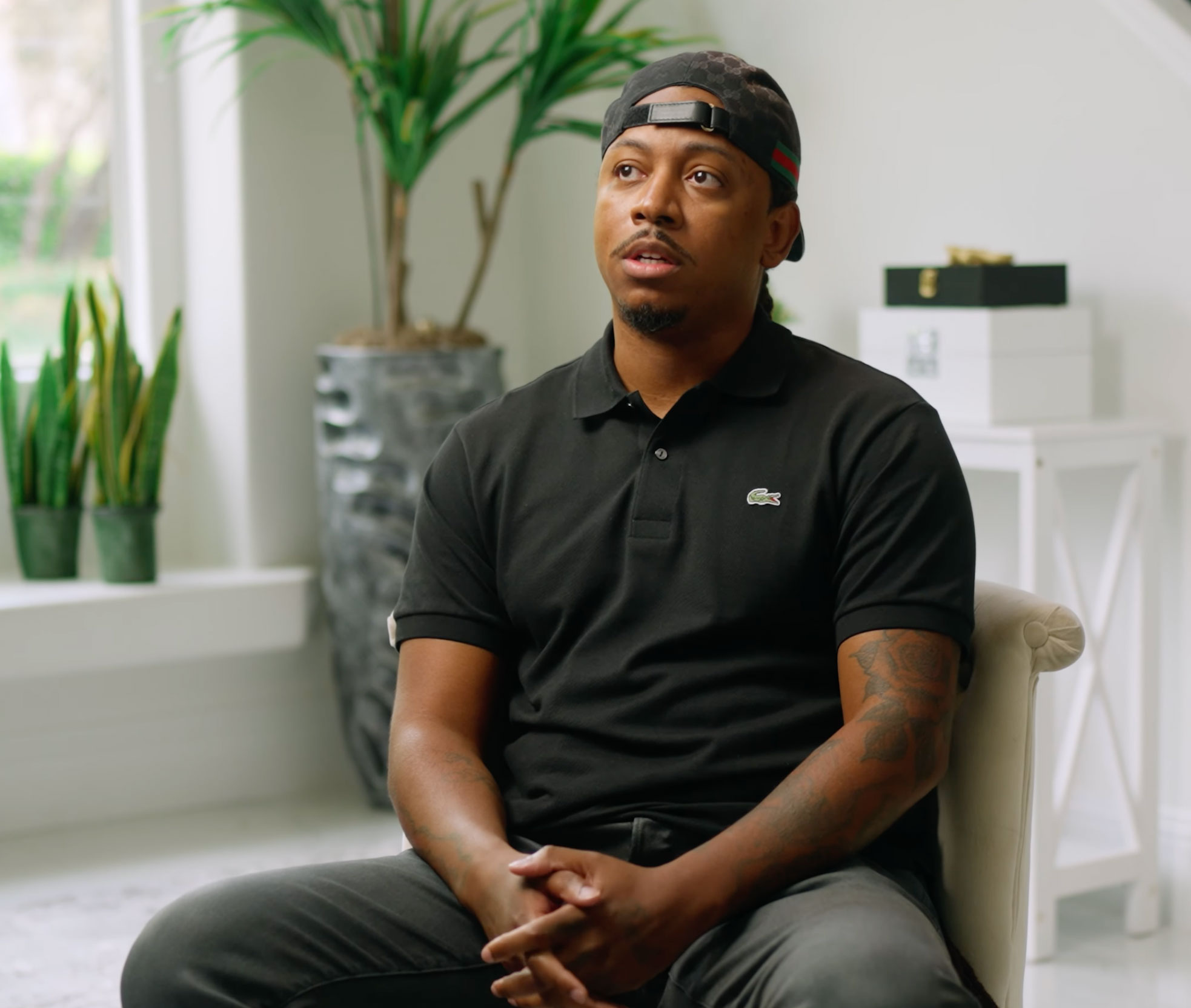
.jpg)
